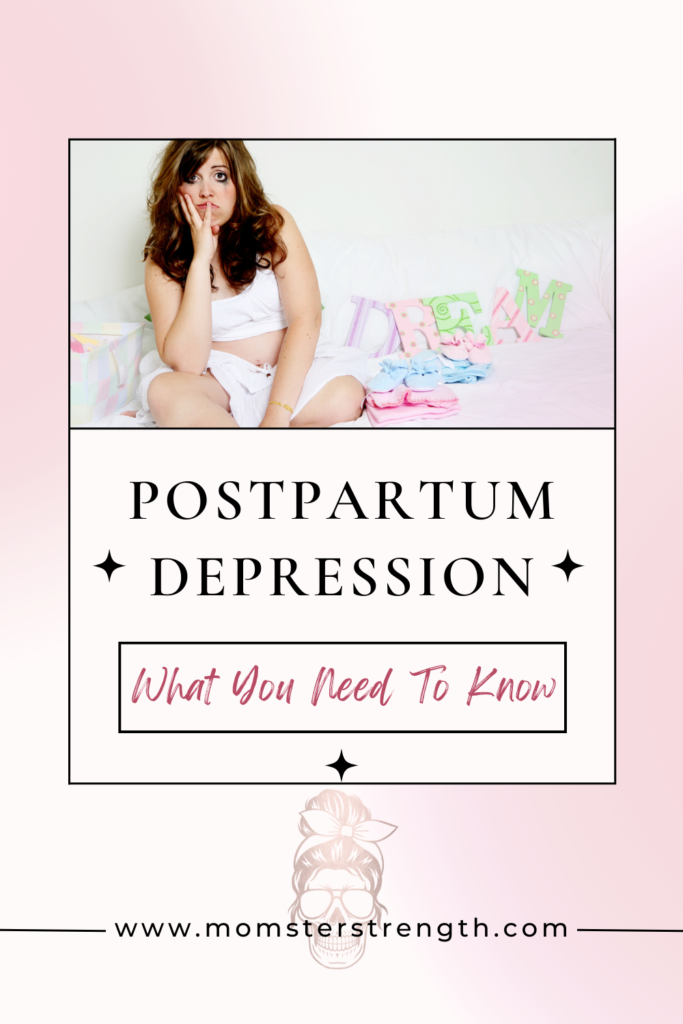
Postpartum Depression: What You Need to Know
When you’re pregnant, you hear a lot about the joys of motherhood and the postpartum period. But what about postpartum depression? Many women experience it after giving birth, but don’t know what to do about it. In this blog post, we will discuss everything you need to know about postpartum depression: signs, symptoms, and remedies. We will also talk about how to get help if you are struggling with this condition.
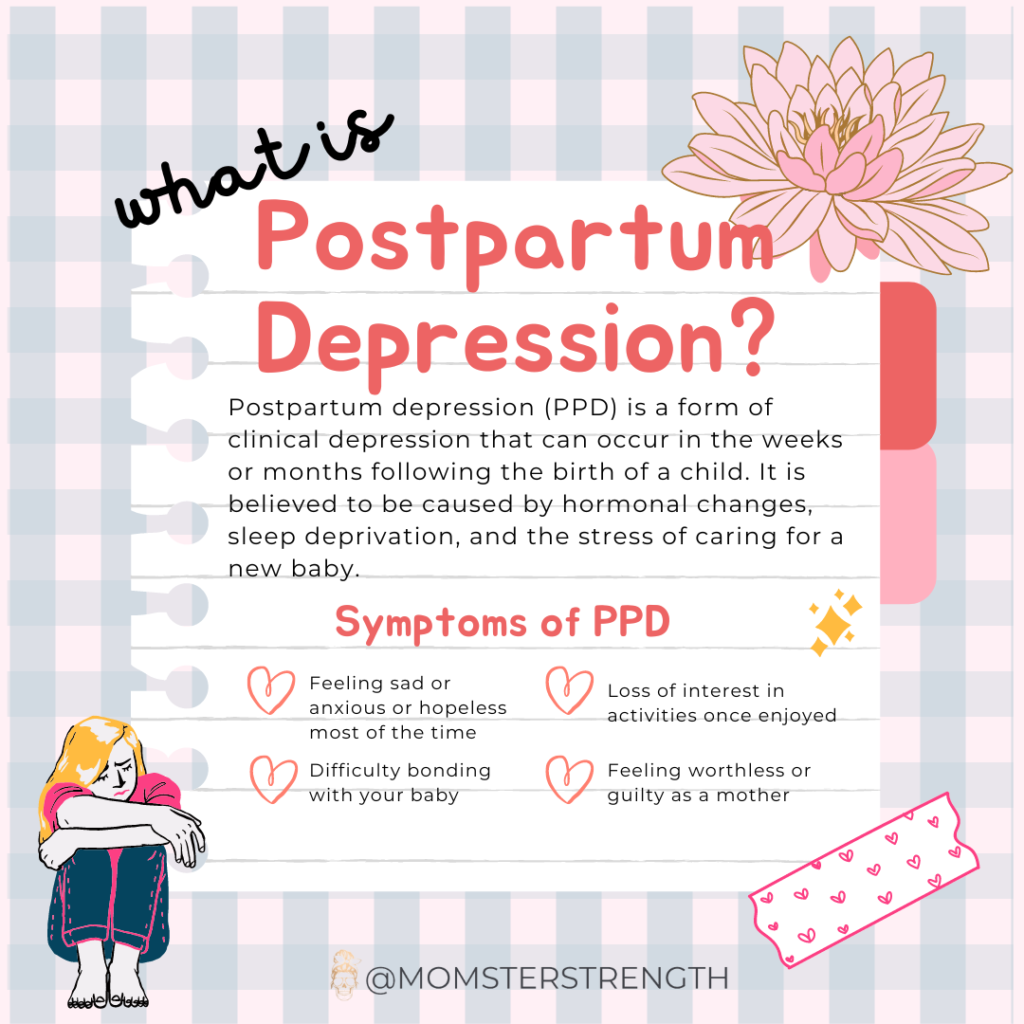
What is Postpartum Depression?
Postpartum depression (PPD) is a form of clinical depression that can occur in the weeks or months following the birth of a child. It is believed to be caused by hormonal changes, sleep deprivation, and the stress of caring for a new baby. PPD is more common than you might think, affecting up to 15% of new mothers.
I have had 3 pregnancies and 2 babies. I was diagnosed with general anxiety and depression at a fairly young age so I pretty much already knew that I would be susceptible to PPD. After I lost my first pregnancy, I became severely depressed. It was a very dark time for me and it took a lot of hard work to get out of that hole.
When I had my first baby 5 years later, I was so scared and overwhelmed, yet so in love at the same time that I didn’t even think about postpartum depression. But after he was born, the hormones started to kick in and I started to feel really down. I didn’t want to get out of bed, I didn’t want to see people, and I just wanted to escape.

PPD Statistics:
- Approximately 15% of new mothers experience postpartum depression
- PPD is the most common complication of childbirth
- PPD can happen to any woman, regardless of age, race, or socioeconomic status
Causes of PPD:
There is no one single cause of postpartum depression. It is thought to be caused by a combination of physical, emotional, and hormonal factors.
- Physical: The postpartum period is a time of great physical change for a woman’s body. This can lead to fatigue, sleep deprivation, and changes in appetite, which can all contribute to feelings of depression.
- Emotional: The transition to motherhood is a big adjustment, and it can be overwhelming for some women. There is also a lot of pressure to be the perfect mother, which can add to the stress of this already difficult time.
- Hormonal: Hormonal changes during pregnancy and after childbirth can also play a role in PPD. These changes can affect a woman’s mood and energy levels, which can lead to depression.
Risk Factors:
There are some risk factors that can increase your chances of developing postpartum depression, such as:
- A history of depression or other mental illness
- A lack of support from family and friends
- Stressful life events during pregnancy or after childbirth
- Financial problems
- Relationship difficulties
- Previous postpartum depression
If you have any of these risk factors, it’s important to be extra vigilant for signs of depression. Postpartum depression usually sets in within the first few weeks after childbirth, but it can sometimes start later.

Signs and Symptoms:
The signs and symptoms of postpartum depression can vary from woman to woman. For me, I felt like I was in a fog and couldn’t think clearly. I was exhausted all the time and had no energy to take care of myself after pushing through to take care of the baby. The feeling of being trapped in my home consumed me. There was a crying all the time and very little interest in anything. I was also very irritable and short-tempered. It was hard to take care of my son when I felt like this, but I knew I had to keep going for his sake.
- Feeling sad or hopeless most of the time
- Persistent anxiety or fear
- Loss of interest in activities you used to enjoy
- Excessive crying
- Difficulty bonding with your baby
- Lack of appetite or eating more than usual
- Trouble sleeping or sleeping more than usual
- Irritability or anger
- Lack of concentration
- Feelings of guilt or worthlessness
- Withdrawing from friends and family
- Feeling exhausted or overwhelmed or unable to care for your baby
- Feeling unworthy or like a failure as a mother
If you are experiencing any of these symptoms, it is important to seek help from a medical professional. Postpartum depression is a serious condition that should not be ignored. There are many ways to treat postpartum depression, and the sooner you get help, the better.

Treatment:
There are many remedies for postpartum depression. For me, therapy and was essential in managing my condition. I also found mom support groups to be helpful.
Therapy:
- Talking to a therapist can be very helpful. They can help you understand your feelings and give you tools to deal with them.
Medication:
- In some cases, medication may be necessary to help balance your hormones and improve your mood.
Support groups:
- There are many support groups for women with postpartum depression. This can be a great way to meet other women who understand what you are going through.
Self-care:
- It is important to take care of yourself when you are struggling with postpartum depression. This includes getting enough sleep, eating a healthy diet, and exercising.
Alternative methods:
- There are many alternative methods that can help with postpartum depression. These include acupuncture, massage, and aromatherapy.
If you think you may be suffering from PPD, please reach out for help. You are not alone in this. There are many resources available to you. There is no shame in getting the support you need to heal and recover. You deserve to be happy and healthy. With the right help, you will get there.
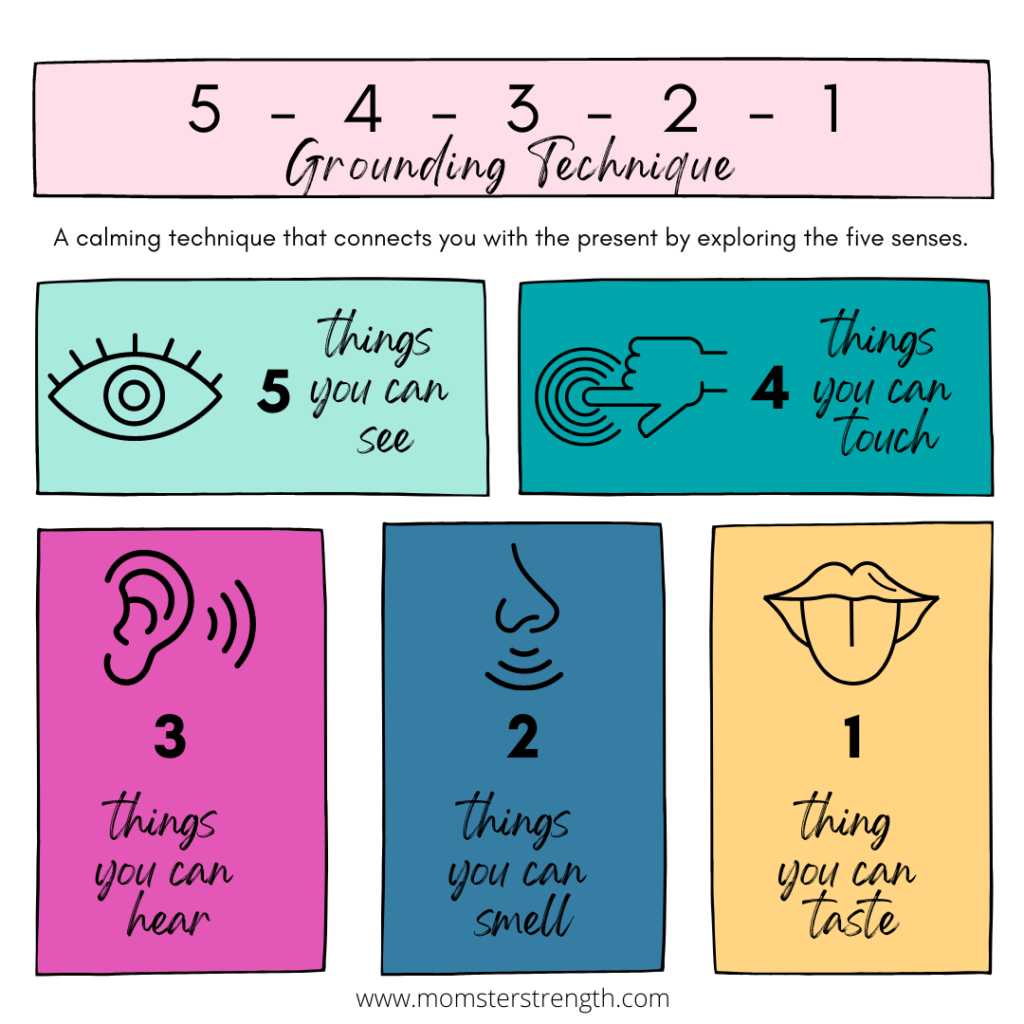
If you or someone you know is struggling with postpartum depression, please call the National Postpartum Depression Hotline at Toll-free: 800-PPD-MOMS (800-773-6667) This is an incredible resource for moms who need help.
This blog post is not intended to be a substitute for professional medical advice, diagnosis, or treatment. If you are struggling with postpartum depression, please seek the help of a professional. Thank you for reading and I hope this was helpful. Please share this with anyone who might need it. Postpartum depression is real and we need to talk about it.
For more information on PPD, please visit the National Institute of Mental Health.


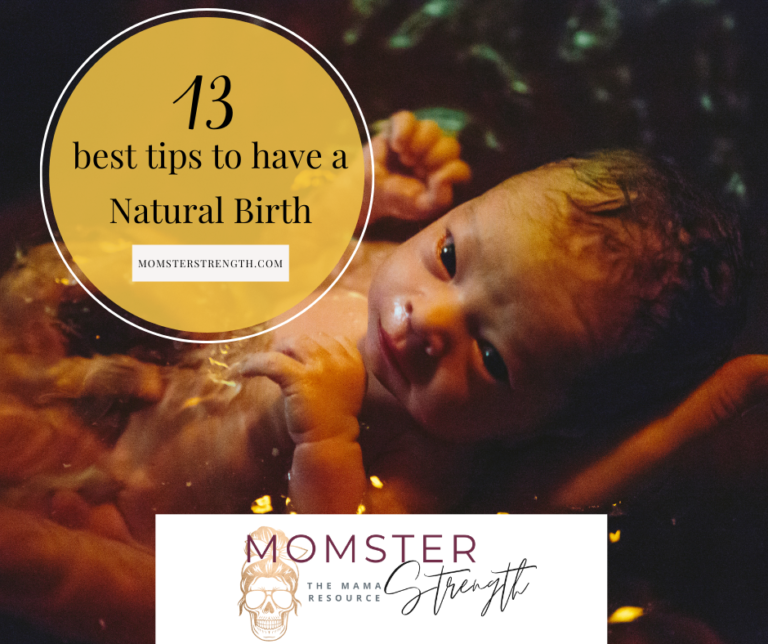
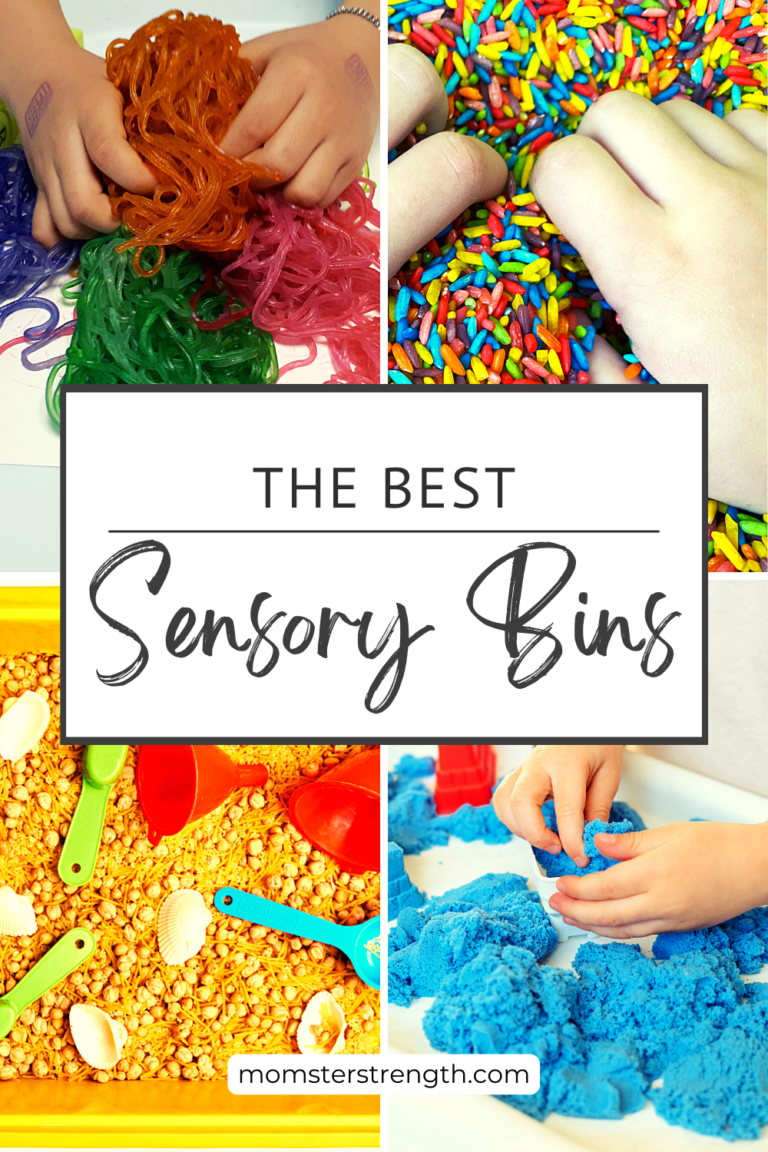
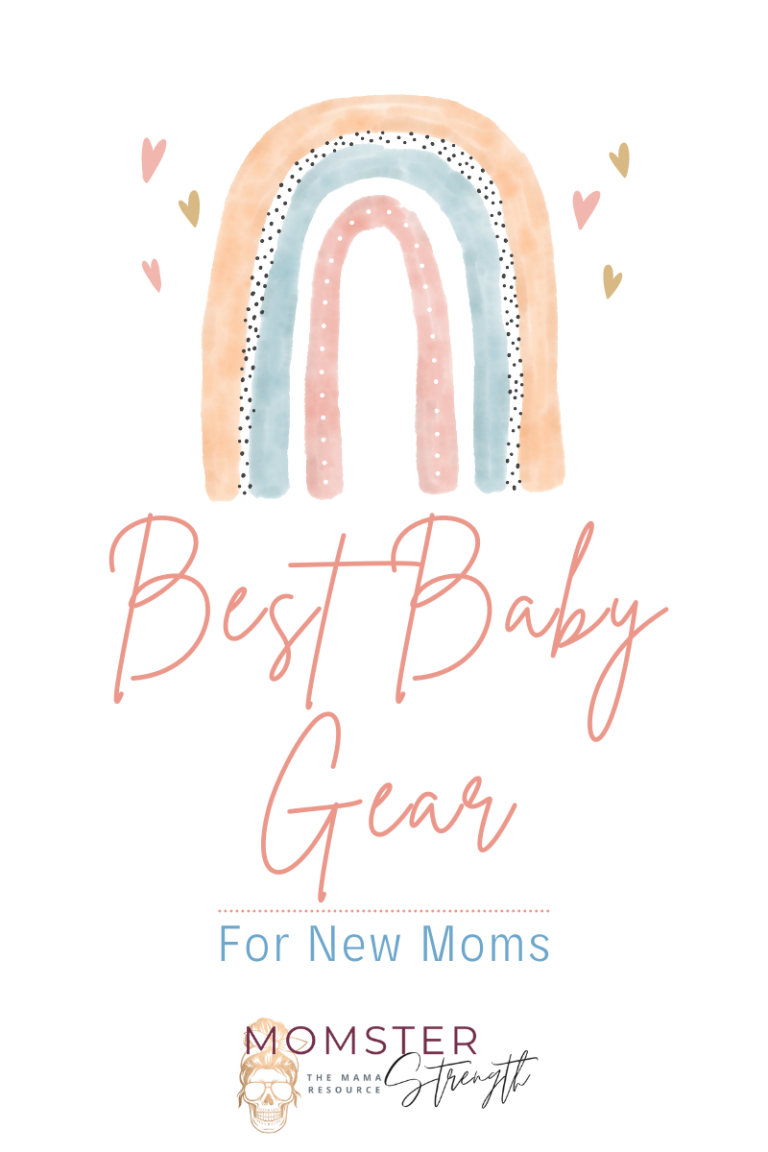
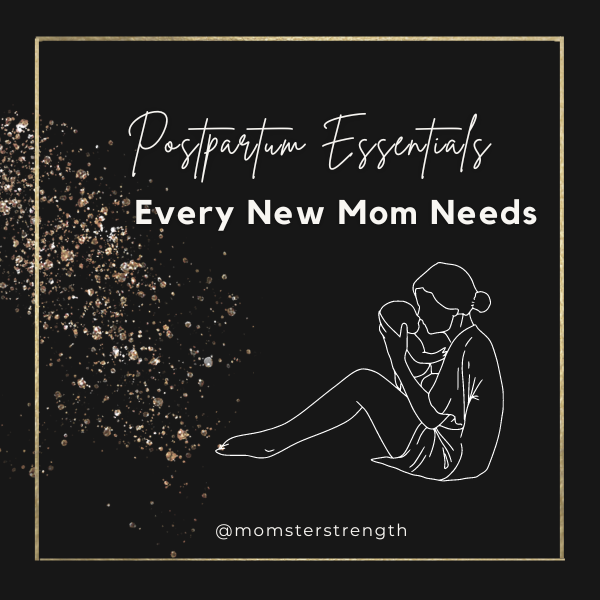
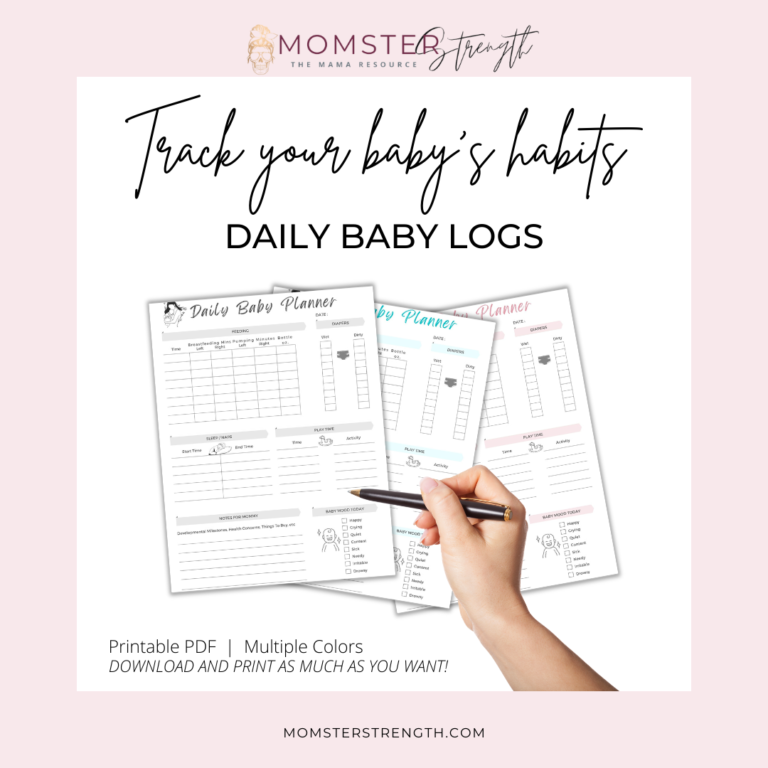
3 Comments
Comments are closed.